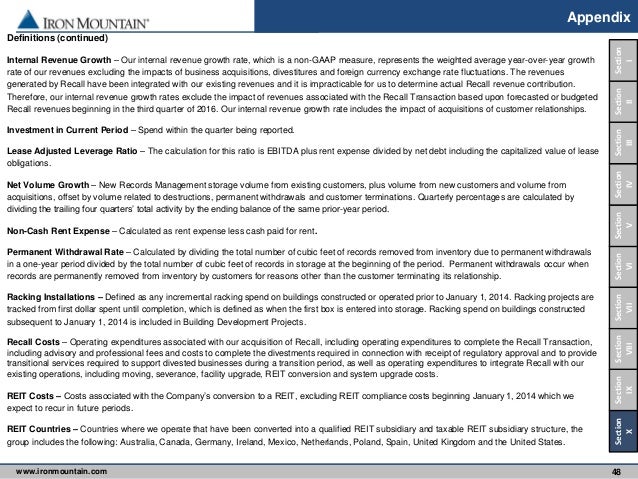

1 Recently, there has been increased scrutiny of PAOs that seem to take positions contrary to patients’ interests. Patient advocacy organizations (PAOs) exist in almost every industrialized country, performing valuable functions such as educating patients, providing social support, and raising public awareness about particular diseases. The disproportionate funding of US PAOs in the absence of any disclosure requirements suggests that the United States should consider adoption of regulatory actions to enhance the transparency of relationships between the pharmaceutical industry and PAOs, and to ensure the integrity of public health decision-making. In 2016, the 6 companies that disclosed transactions in the United States allocated 74% of their patient advocacy funding ($88 million) in the United States.Ĭonclusions.

All 10 companies disclosed transactions in France, Germany, and the United Kingdom, with varying levels of disclosure in other countries. Only 6 of the 10 largest pharmaceutical companies disclosed their financial transactions with PAOs in the United States. We compared funding allocated to organizations across 8 large industrialized countries and pharmaceutical companies’ disclosure practices in each country. We examined funding of PAOs among the 10 largest pharmaceutical companies in 2016. To examine whether the share of pharmaceutical industry funds allocated to patient advocacy organizations (PAOs) is disproportionately large in the United States relative to other industrialized countries and to compare pharmaceutical companies’ disclosure practices across industrialized countries.


 0 kommentar(er)
0 kommentar(er)
